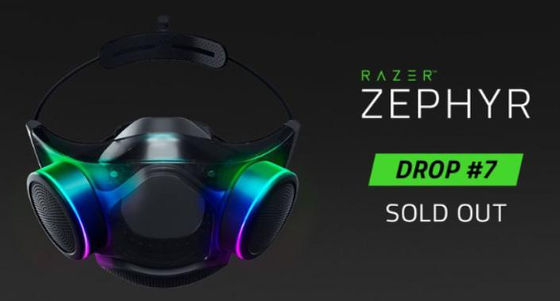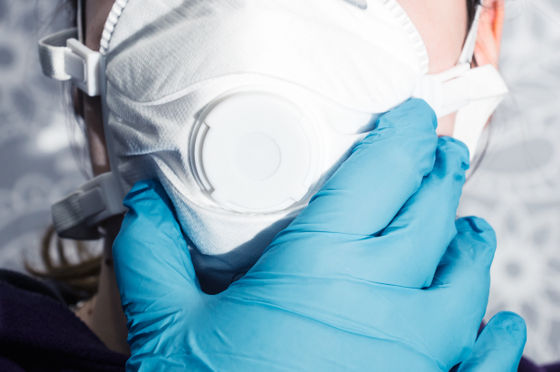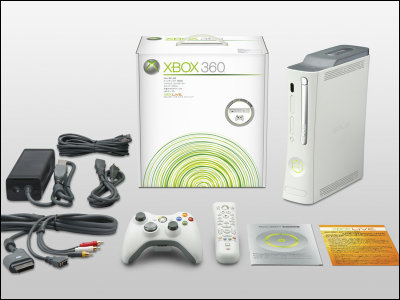Razer's gaming mask that glows in 16.77 million colors is ordered to pay 170 million yen because it is not 'equivalent to N95'

On April 29, 2024, the Federal Trade Commission (FTC) announced that it had reached an agreement with Razer to pay approximately $1.1 million (approximately 180 million yen) in a lawsuit over false labeling of Razer's gaming mask 'Zephyr.'
Razer, Inc. to Pay More Than $1.1 Million for Misrepresenting the Performance and Efficacy of Supposed “N95-Grade” Zephyr Face Masks | Federal Trade Commission
FTC fines Razer for every cent made selling bogus “N95 grade” RGB masks | Ars Technica
https://arstechnica.com/tech-policy/2024/04/ftc-fines-razer-for-every-cent-made-selling-bogus-n95-grade-rgb-masks/
Gaming device manufacturer Razer announced the Zephyr, a high-performance mask equipped with LEDs and a microphone, in 2021, when the COVID-19 pandemic was raging. The mask, which has a ventilation function using a built-in small fan, was advertised as 'N95 grade,' comparable to the N95 masks used in medical and industrial settings.

According to the FTC, at the time of its release, Zephyr was advertised as using 'replaceable N95-grade filters' and was 'FDA-registered and lab-tested for 99% bacterial filtration efficiency (BFE).' In addition, although it had not been tested for COVID-19, the official website stated that 'it provides equivalent functionality and adequate protection with a 99% BFE rating.'
However, the Zephyr is not actually N95 certified, nor has it ever been submitted to the FDA or the National Institute for Occupational Safety and Health (NIOSH). Razer reportedly only stopped displaying the N95 mark after negative press coverage of the Zephyr sparked consumer outrage.
In response to this issue, the FTC and the Department of Justice launched a lawsuit against Razer, alleging that only the filter filters out 99% of bacteria, and that there was no evidence that the entire mask provides protection from viruses.
Razer also knows that the mask's performance is inferior to that of a filter alone: In third-party testing conducted prior to the Zephyr's release, the mask's particle filtration efficiency (PFE) was only 83.2% with the fan off and 86.3% with the fan on - far short of the 95% PFE required for N95 masks.

As a result of the agreement between Razer and the FTC, Razer will be required to pay a civil penalty of $100,000 (approximately 15.7 million yen) and the full amount of Zephyr sales, which is 1,071,254.33 (approximately 170 million yen). The FTC plans to use the Zephyr sales revenue paid by Razer to refund consumers.
'This company falsely claimed that its masks were equivalent to N95-certified respirators during a global pandemic,' said Samuel Levine, Director of the FTC's Bureau of Consumer Protection. 'The FTC will continue to hold companies accountable for making unsubstantiated and false claims to consumers as they make decisions about their health and safety.'
Related Posts:
in Note, Posted by log1l_ks







